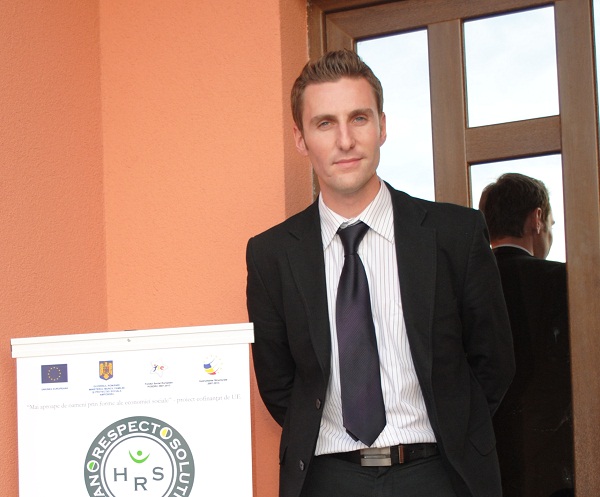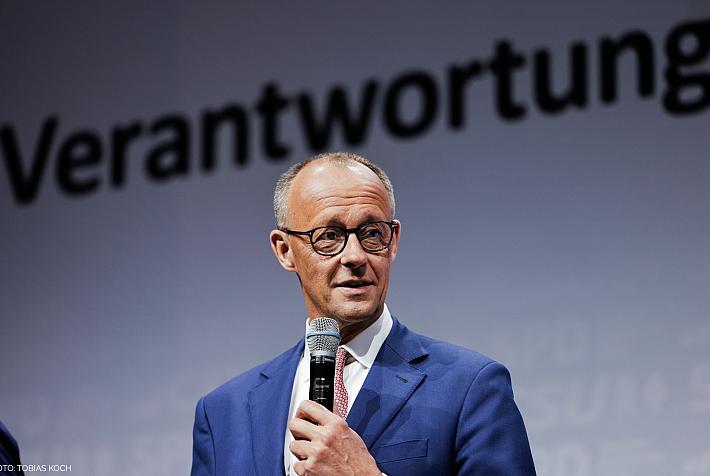EU money to finance development of HR projects for disabled people

 HR Specialists has received approval for two EU-funded projects worth a total of EUR 3 million, which aim at creating facilities to help disabled people find jobs in Romania, Romania-Insider.com has learned. The first such project started in June and the second one in November and both should be active until 2013. For the first project, HR Specialists partners association Reninco, while for the second it partners NGO Apel.
HR Specialists has received approval for two EU-funded projects worth a total of EUR 3 million, which aim at creating facilities to help disabled people find jobs in Romania, Romania-Insider.com has learned. The first such project started in June and the second one in November and both should be active until 2013. For the first project, HR Specialists partners association Reninco, while for the second it partners NGO Apel.
One of the targets is to create a resource center for disabled people and for potential employers, as well as for those interested in social economies and in hiring disabled people. The center is close to completion and will be available in the HR Specialists headquarters from the beginning of next year, said Stephane Meuret, managing partner with HR Specialists (in picture). The aim is also to increase awareness among 50 companies on the benefits of becoming sheltered enterprises, as well as help at least 100 disabled people start their own businesses or find a job. The EU funding will also help develop sheltered enterprises, which would hire disabled people to create products and services.
HR Specialists promotes the integration of the disadvantaged categories in the professional world and offers information and services aiming at helping disabled people find jobs.
Romanian companies of over 50 employees are bound by law to hire disabled people up to 4 percent of the total number of their employees. Companies which fail to do so have to either pay a penalty for each disabled employee it should have had or buy products and services from a sheltered enterprise. The monthly penalty represents half of the minimum gross base salary by country multiplied by the number of jobs for which the company has not employed disabled persons. Most of Romanian companies prefer to pay the fine, instead of hiring disabled people, says Stephane Meuret. Interestingly, companies which indeed hire people with disabilities are small firms, of under 50 employees, which are not required by law to do so, he goes on.
A recent study by the Romanian Academic Society (SAR) and Motivation Romania found that the Romanian state could collect at least an extra EUR 38 million each year from companies which are supposed to hire people with disabilities within the quota establish by law. If all the penalties were collected, the state would get an additional EUR 100 million to the budget.
Corina Saceanu, corina@romania-insider.com











